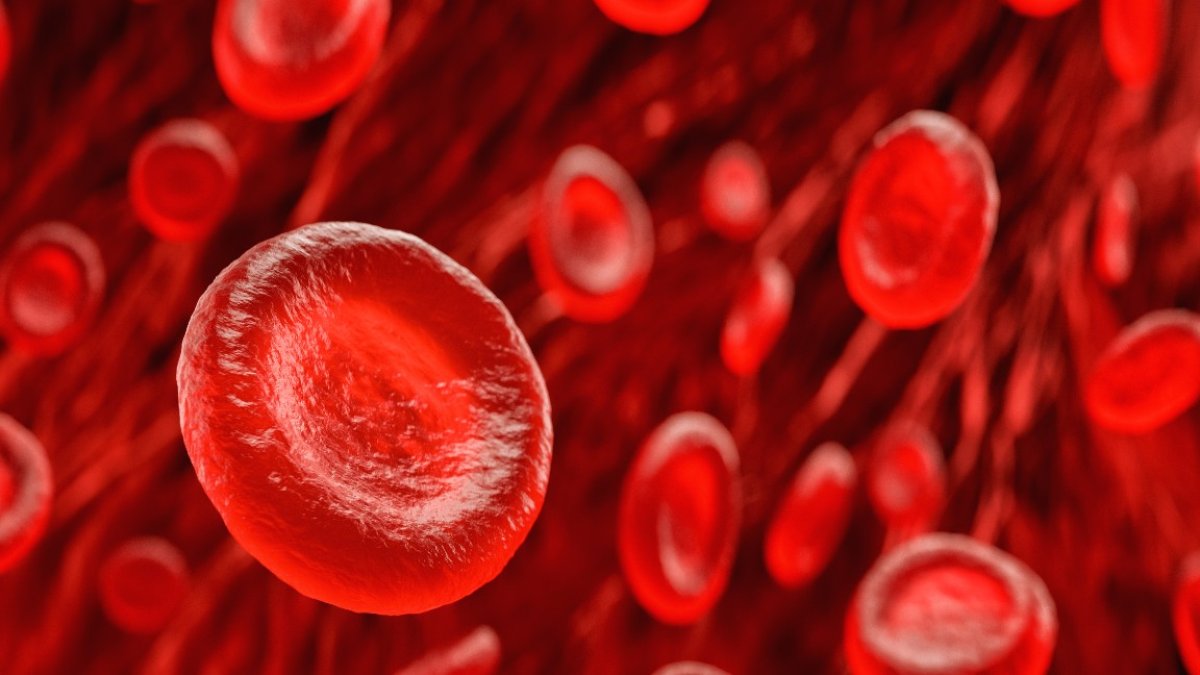
A new study reveals that lab-grown red blood cells have the power to revolutionize medical treatments for thalassemia and sickle cell anemia. Read to know more.
Red blood cells are transfused for treating blood diseases
Laboratory-grown red blood cells (RBC) are the newest set p in medical science. Scientists believe it will help in innovating new medical treatments. The RBCs were transfused into volunteers and believed to help in understanding their compatibility and life spans. Ashley Toye stated that the method was developed from donor stem cells. Additionally, if successful, transfusion can start for patients who need large amounts of blood for treatments. Toye is the director of the NIHR Blood and Transplant Unit in red cell products.
“This challenging and exciting trial is also a huge stepping stone for manufacturing blood from stem cells. This is the first-time lab-grown blood from an allogeneic donor has been transfused. And we are excited to see how well the cells perform at the end of the clinical trial,” stated Toye. Additionally, as per the team’s statement, about five to 10 milliliters of blood were used from disease-free donors. “We want to make as much blood as possible in the future. So the vision in my head is a room full of machines producing it continually from a normal blood donation,” added Toye.
More on the revolutionary treatment
The first two patients took part in the trial. Scientists are aiming to test the blood in a minimum of 10 healthy volunteers. They will get two donations four months apart, one of the normal and another of lab-grown red blood cells. Moreover, “if our trial, the first such in the world, is successful, it will mean that patients who currently require regular long-term blood transfusions will need fewer transfusions in the future. Hence, this will help transform their care,” stated Cedric Ghevaert. Ghevaert is a consultant hematologist and professor of transfusion medicine at the University of Cambridge and NHS Blood and Transplant (NHSBT).
“This world-leading research lays the groundwork for the manufacture of red blood cells that can safely be used to transfuse people with disorders like sickle cell. The potential for this work to benefit hard-to-transfuse patients is also very significant,” stated Dr. Farrukh. Dr. Shah is the medical director of transfusion at NHS Blood and Transplant.
